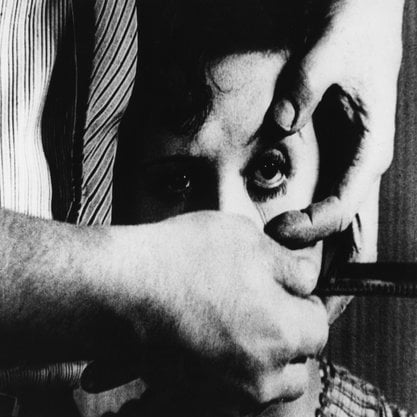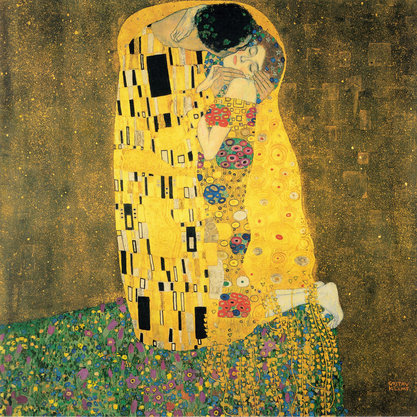Article
Gance, Abel (1889–1981) By Adriaensens, Vito
Article
Abel Gance, né Abel Perthon, was a French dramatist, actor, critic, poet, screenwriter, and director. Trying to make it as a playwright and actor from 1906 to 1910, a lack of success led Gance to the cinema. He started writing screenplays and selling them to studios; a newfound belief in the medium even prompted Gance to create a short-lived production company, directing four short films between 1911 and 1912. His delicate health kept him out of the war and landed him a job at Film d’Art (by virtue of severe personnel shortage) where he wrote and directed ten films. Like his contemporaries Delluc, L’Herbier, and Epstein, Gance was a strong vocal advocate for an artistic cinema that maximized the potential of the new medium. To achieve this, they made use of rhythmic editing patterns; optical devices such as masks, dissolves, and multiple exposures; conspicuous camera movements and angles; and much more. They are therefore referred to as the first cinematic avant-garde and, even though their styles differed quite a bit, often categorized as French impressionists. Gance’s reputation hinges on three silent canonic masterpieces, J’acccuse! (1919), La Roue (1923), and Napoléon (1927), in which, as Brownlow notes, “he made a fuller use of the medium than anyone before or since” (1968: 518).


